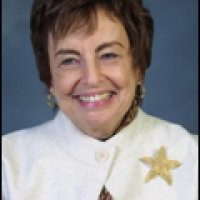Nelson Mandela: The Aristocrat and the Revolution – A Historical Biography
Author Xolela Mangcu dispenses with the standard argument that Nelson Mandela was the product of the traditional African leadership culture of his guardian, Chief Jongintaba. He argues that through their policy of pragmatic friendship with white colonialists, Mandela’s Thembu royal family became early founders of a conservative, collaborationist, colonial modernity that stood in sharp tension with his later radical influences in Johannesburg. These contradictory, but unmistakably modernist, influences became the source of Mandela’s celebrated pragmatism.
Xolela Mangcu is Professor of Sociology at the University of Cape Town, and a resident fellow at the Woodrow Wilson International Center for Scholars. His books include The Meaning of Mandela (2007) –(essays by Wole Soyinka, Cornel West and Henry Louis Gates Jr); Becoming Worthy Ancestors (2011), (essays by Benedict Anderson, Kwame Anthony Appiah, Martin Bernal); and Biko: A Life (2013). Mangcu holds a Ph.D. from Cornell and fellowships from Harvard, M.I.T., the Brookings Institution and the Rockefeller Foundation.
The Washington History Seminar is co-chaired by Eric Arnesen (George Washington University) and Philippa Strum (Woodrow Wilson Center) and is sponsored jointly by the National History Center of the American Historical Association and the Wilson Center's History and Public Policy Program. It meets weekly during the academic year. The seminar thanks the Society for Historians of American Foreign Relations and the George Washington University History Department for their support.
Speaker

Professor of Sociology, University of Cape Town, South Africa
Moderators

Professor of History, The George Washington University. Director, National History Center of the American Historical Association.

Former Director, Division of United States Studies, Woodrow Wilson Center
Hosted By

History and Public Policy Program
A leader in making key foreign policy records accessible and fostering informed scholarship, analysis, and discussion on international affairs, past and present. Read more
